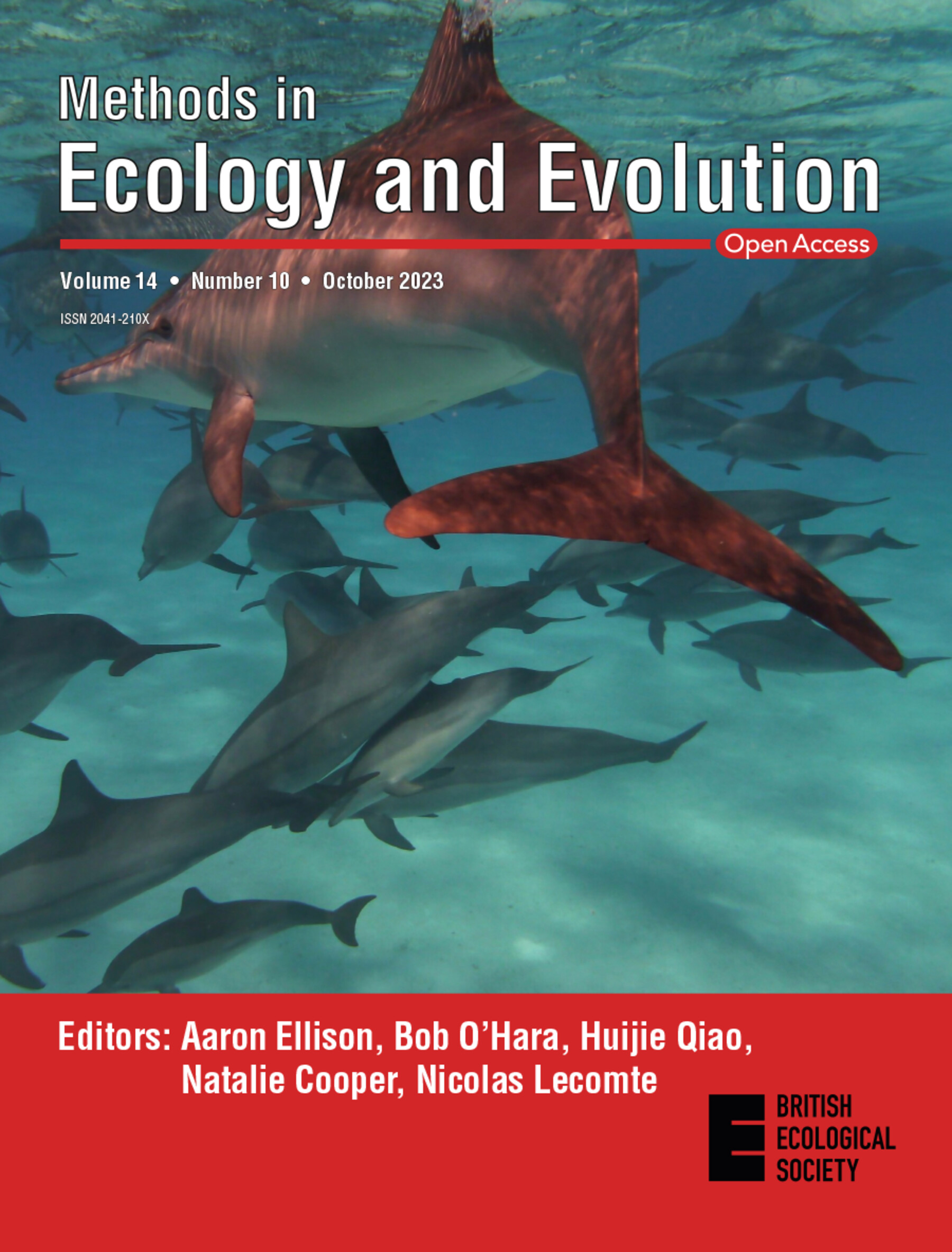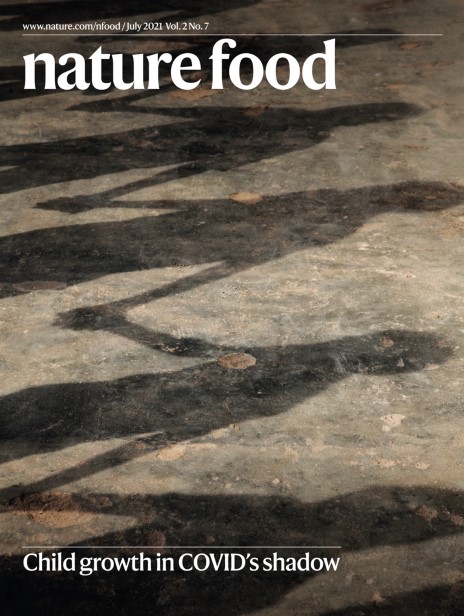- Department:(Dept. 4) Fish Biology, Fisheries and Aquaculture
Inland recreational fisheries contribute nutritional benefits and economic value but are vulnerable to climate change
The research team estimates that recreational fishing in lakes and rivers accounts for more than 11 per cent of the annually reported catches in inland fisheries worldwide. The analyzed total consumption value of harvested fish is around 10 billion US dollars per year. Due to climate change and direct human impacts on freshwater ecosystems, the productivity of important fish species is declining.
Adaptation of cultured decapod crustaceans to changing salinities: Physiological responses, molecular mechanisms and disease implications

Positioning aquatic animals with acoustic transmitters
The paper offers an introduction to novel methods of high-resolution positional telemetry that provide guidance to practioners. It presents a summary of all techniques for fine-scale positioning of the movements of fish.

Global responses to the COVID-19 pandemic by recreational anglers: considerations for developing more resilient and sustainable fisheries
The study investigated the impact of COVID on recreational fisheries across the globe.The authors found COVID to increase local recreational fisheries participation but to reduce touristic recreational fisheries where travel restrictions were in place.
To save sturgeons, we need river channels around hydropower dams
Weirs and other transverse structures in rivers not only impede migratory fish on their way to spawning grounds, but even if they are able to pass, many of them die in the turbines of hydroelectric power plants. The authors present a recommendation on how to facilitate effective passage and even promote sturgeon with bypass channels at dams that can serve as additional habitat.
The European freshwater landscape and hotspot areas of mass effects and regional connectivity
The authors detected great concentrations of source hotspots on the northern regions associated to lentic ecosystems, main European rivers acting as ecological corridors for all freshwaters, and a mixed distribution of connectivity hotspots in southern and Mediterranean ecoregions.
Socio-economic or environmental benefits from pondscapes? Deriving stakeholder preferences using analytic hierarchy process and compositional data analysis
The authors studied the needs and knowledge of stakeholders who own, work, research, or benefit from pondscapes in 8 countries. Using the analytic hierarchy process, this study shows that in general stakeholders in the European and Turkish demo-sites prefer environmental benefits, while stakeholders in the Uruguayan demo-sites rank the economic benefits higher.
Massive expansion of sex-specific SNPs, transposon-related elements, and neocentromere formation shape the young W-chromosome from the mosquitofish Gambusia affinis
The mosquitofish Gambusia affinis, globally introduced to fight mosquitos, is a threat for freshwater ecosystems and a model for sex chromosome evolution. Cyto-/genomics reveals a neocentromere to shield parts of its evolutionary young female sex chromosome (W) that actively differentiates by expansion of transcribed transposons, while major sequence divergence or gene decay are missing.
Multispecies collective waving behaviour in fish
Groups composed of more than one species offer a unique opportunity to look into the evolution of both mechanistic and functional aspects of collective behavior. The study presents data on mixed-species fish shoals that perform collective dives. The dampening effect of less responsive gambusia on molly diving behavior can have strong evolutionary consequences on the overall collective behavior.

Ecosystem-based management outperforms species-focused stocking for enhancing fish populations
In a large-scale effort, a research team in cooperation with angling clubs, has conducted whole-lake experiments in 20 lakes to improve ecological conditions. Habitat improvements were the most effective means to enhance fish populations, whereas fish stocking completely failed. The study emphasizes the importance of restoring habitats and improving natural ecosystem processes.







